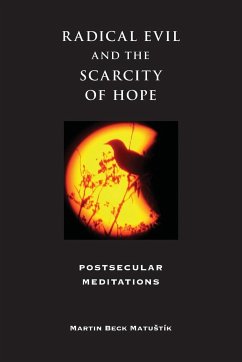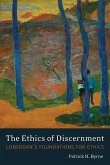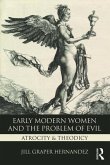No one will deny that we live in a world where evil exists. But how are we to come to grips with human atrocity and its diabolical intensity? Martin Beck MatuStík considers evil to be even more radically evil than previously thought and to have become all too familiar in everyday life. While we can name various moral wrongs and specific cruelties, MatuStík maintains that radical evil understood as a religious phenomenon requires a religious response where the language of hope, forgiveness, redemption, and love can take us beyond unspeakable harm and irreparable violence. Drawing upon the work of Kant, Schelling, Kierkegaard, Levinas, Derrida, and Marion, this work is written as a series of meditations. MatuStík presents a bold new way of dealing with one of humanity's most intractable problems.
Bitte wählen Sie Ihr Anliegen aus.
Rechnungen
Retourenschein anfordern
Bestellstatus
Storno








